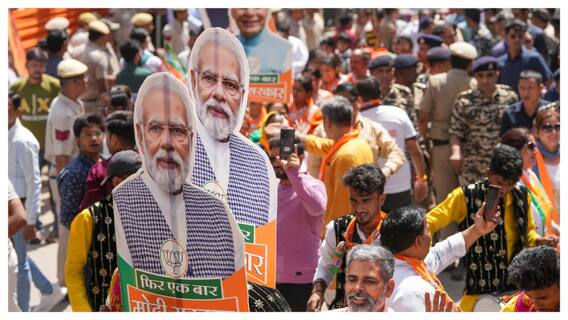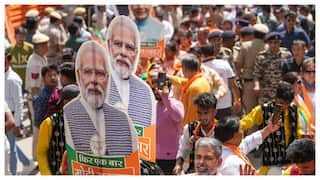Nitric oxide inhaled during surgery can decrease kidney problems

Washington D.C., [USA] June 22 (ANI): Nitric oxide inhaled during a surgery can now decrease the risk of acute and chronic kidney problems.
Administration of nitric oxide gas during, and for 24 hours following heart surgery decreased the risk of patients developing acute and chronic kidney problems, a randomized, controlled trial conducted in China found.
Researchers who have studied 244 adults in Xi'an, China, underwent surgery to replace more than one heart valve. Considering the duration of the procedure, the patients were required placing of a cardiopulmonary bypass (a heart-lung machine) for at least 90 minutes.
"Previous studies showed that prolonged cardiopulmonary bypass causes disruption of circulating red blood cells and the release of hemoglobin, which can cause acute kidney injury, leading to kidney failure and the need for long-term hemodialysis," said Scientist Lorenzo Berra.
"We tested whether administration of nitric oxide, a gas normally produced by cells in the lining of blood vessels, might render hemoglobin 'inert,' thereby decreasing the risk of both acute and chronic kidney injury," he added.
The authors found that patients who received 80 parts per million of nitric oxide during and for 24 hours after surgery were less likely to develop acute kidney injury, with a decrease from 64 percent in the placebo-treated patients to 50 percent in those who received nitric oxide.
The risk of progressing to more serious kidney disease (Stage 3 Chronic Kidney Disease) was also reduced at 90 days, with a decrease from 33 percent in the placebo-treated patients to 21 percent in those who received nitric oxide.
After one year, 31 percent in the placebo group had serious kidney disease compared to 18 percent in the nitric oxide group.
There was also a decrease in the overall mortality rate after one year- from six percent in the placebo group to three percent in the nitric oxide group.
According to the authors, several drugs were tested and shown to be ineffective at protecting the kidneys after cardiac surgery.
This is the first study to show that a pharmacological treatment can reduce acute and chronic kidney injury as a result of cardiac surgery.
Researchers also noted that administration of nitric oxide gas appears to be safe and moreover, nitric oxide delivery need not be reduced or stopped in any of the patients who received the gas.
The study appears in American Journal of Respiratory and Critical Care Medicine Journal. (ANI)
This story has not been edited. It has been published as provided by ANI

Trending News
Top Headlines


































